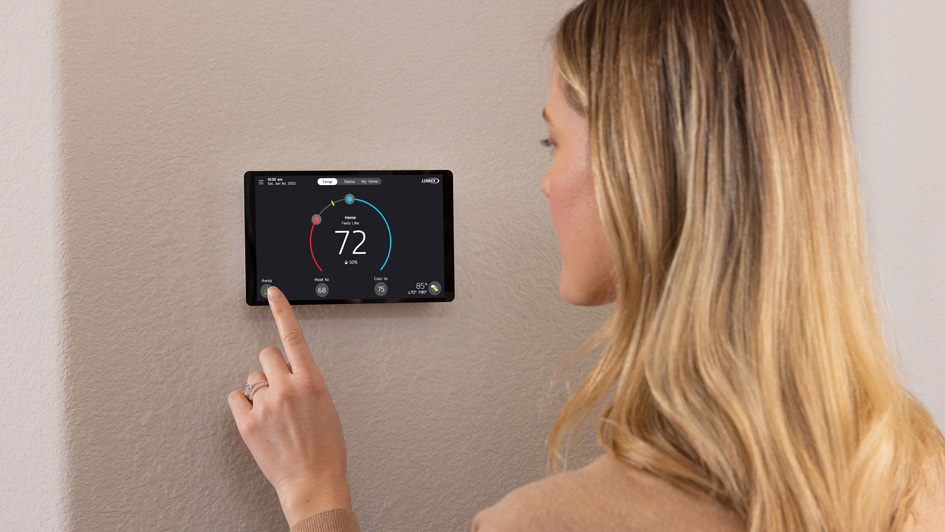Blog
Serving West Valley City and These Areas
About Select Comfort Systems
At Select Comfort Systems Heating & Air Conditioning, making your home cozy is our highest concern. That’s why we supply reliable HVAC solutions and excellent work in West Valley City. Our specialists are knowledgeable in a complete selection of services, so you can feel confident in the results you have. They’ll offer the assistance you are seeking, whether it’s installing an updated HVAC system or servicing and maintaining your present unit. We’re ready to help with all of your necessities, so ring us at 801-305-4777 or contact us online to schedule an appointment now.

Select Comfort Systems
1270 West 2320 South Ste B
West Valley City, UT 84119
Phone: 801-305-4777
Email: [email protected]
License # 6356949-5501(S211) (S350)
© 2025 Select Comfort Systems | All rights reserved






